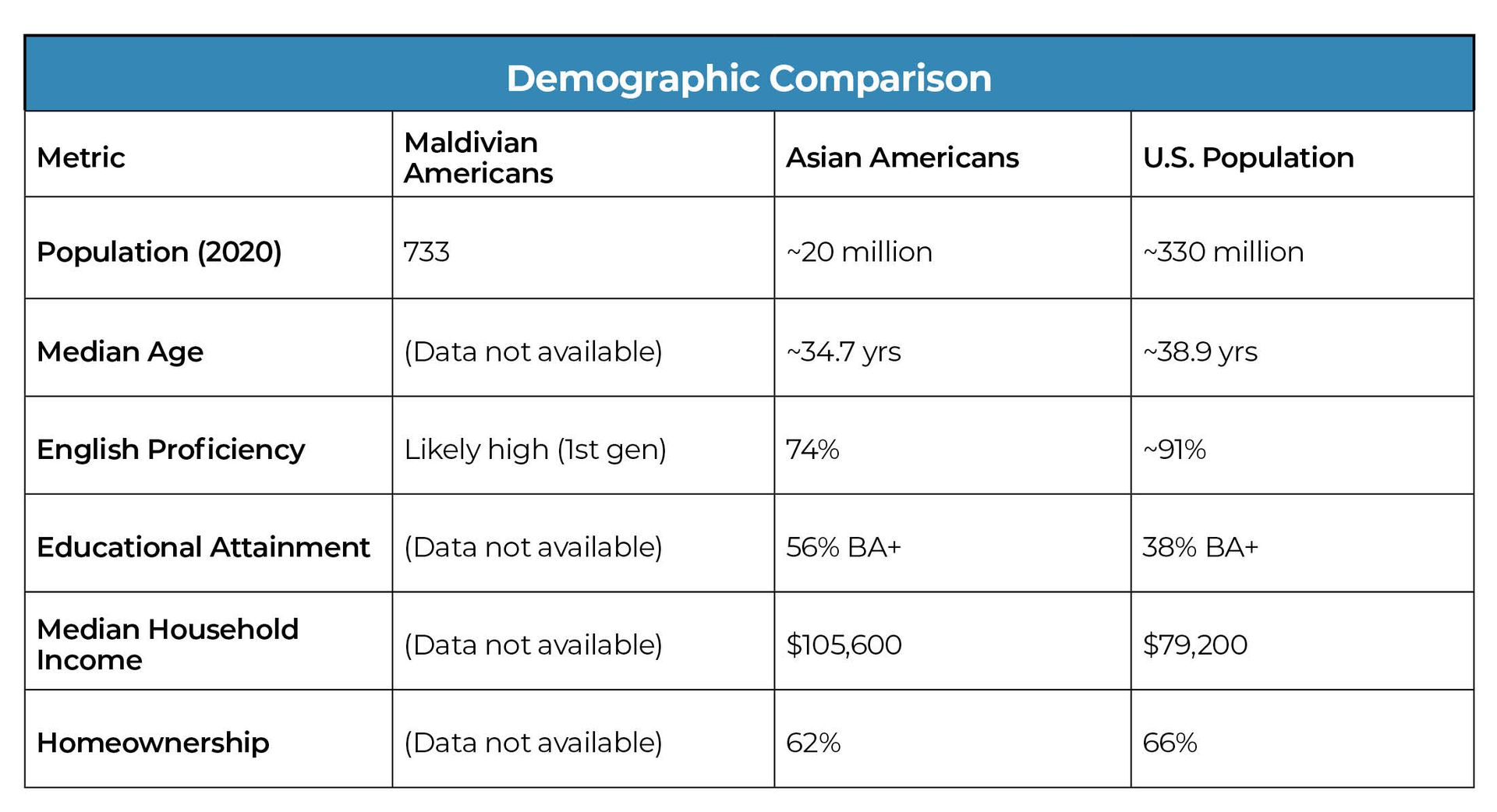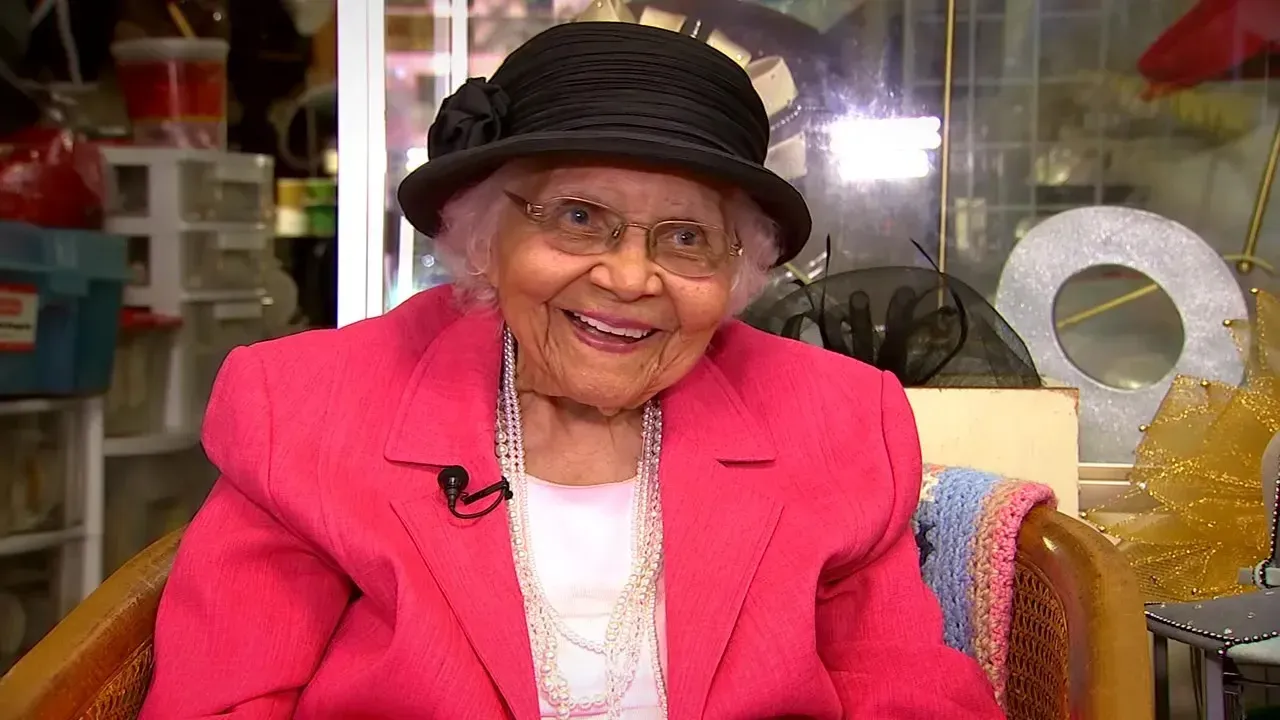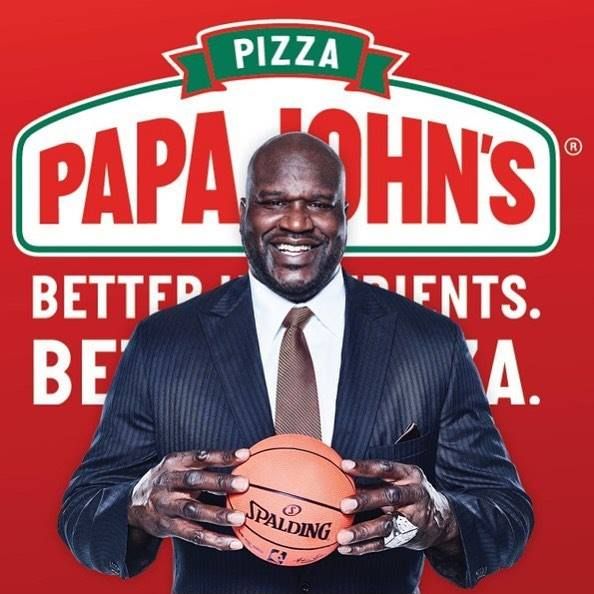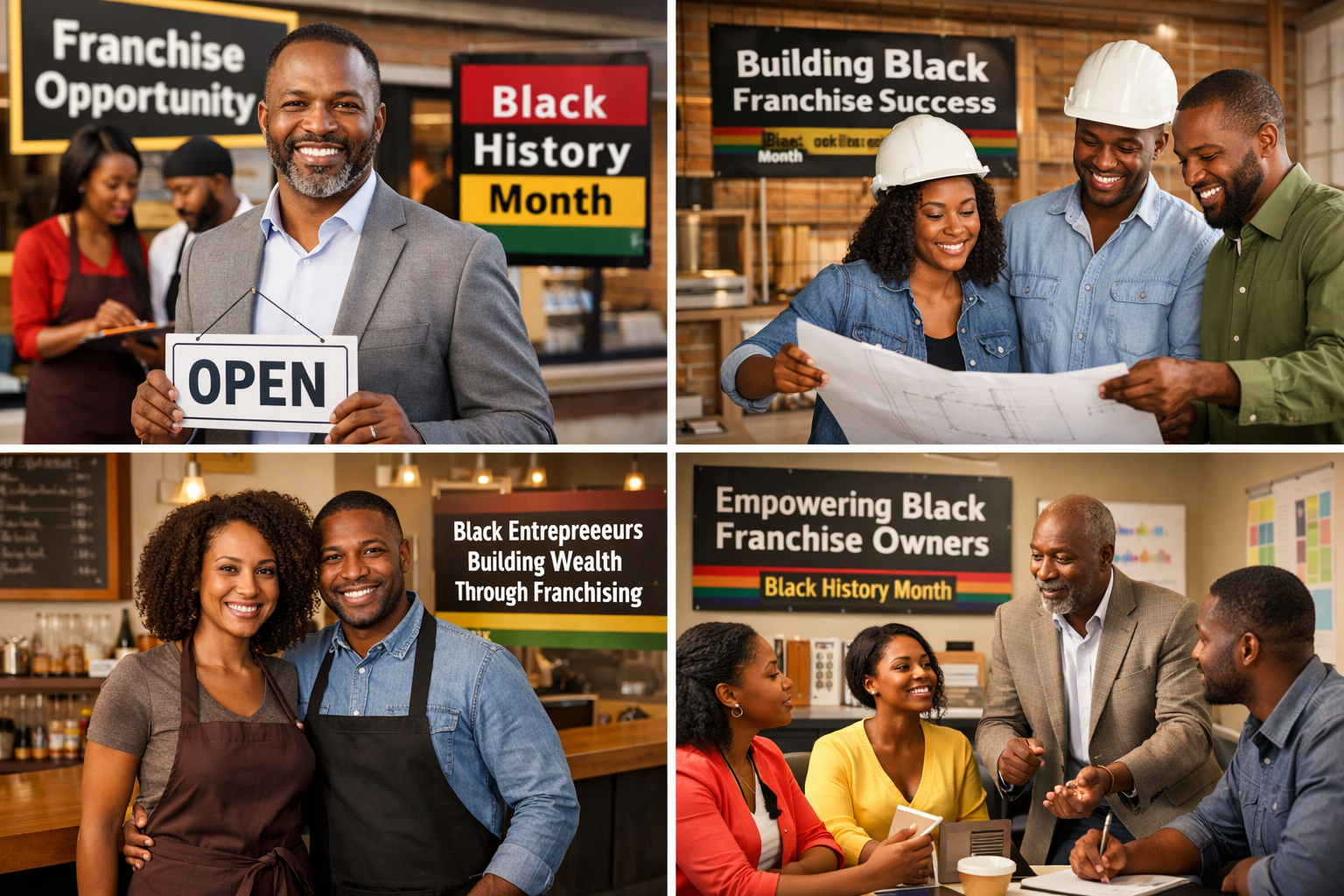By Seth Lederman
•
February 1, 2026
“ We should all know that diversity makes for a rich tapestry, and we must understand that all the threads of the tapestry are equal in value no matter what their color.” — Maya Angelou Franchising has long been heralded as a pathway to entrepreneurship — offering proven systems, brand recognition, and operational support that make business ownership more accessible. Yet despite its promise, minority representation among franchise owners has historically lagged behind overall population demographics and broader entrepreneurial growth. Today, however, data and industry trends point to a turning point: franchising is becoming a potent vehicle for economic empowerment for minority entrepreneurs. For instance, the International Franchise Association (IFA) reports that Black-owned franchises earn 2.2 times more than Black-owned independent businesses on average. Stronger ethnic and cultural diversity also has a positive impact on performance with companies displaying more diversity 22% more likely to out-perform companies lacking ethnic and cultural diversity. Finally, franchising offers American people of color a unique entrepreneurial avenue — nearly 26% of franchises are owned by a minority compared to just 17% of non-franchised small businesses. A Pivotal Moment for Minority Entrepreneurs Minorities — including Black, Hispanic/Latinx, Asian, Indigenous, and other historically underrepresented groups — are among the fastest-growing segments of small business owners in the United States. According to the latest U.S. Census and Small Business Administration data, minority-owned businesses increased at a rate far above the national average over the past decade. Yet these gains are not always reflected proportionally in franchising. Barriers such as access to capital, credit history disparities, lack of exposure to franchising opportunities, and limited mentorship networks have constrained participation. Franchising can also require hefty franchise fees, real estate commitments, and working capital that disproportionately impact minority candidates without generational wealth backing. Despite those hurdles, momentum has begun shifting. Franchise associations, lenders, and large brands are implementing targeted programs — from training and financing support to mentorship and pipeline building — aimed at closing the equity gap. And the economic impacts are compelling: franchise ownership can deliver stable income, create jobs in underserved communities, and build long-term generational wealth. Where Growth Potential Is Highest The growth potential for minority franchise owners is strongest in segments that align with broader demographic shifts, consumer preferences, and service-oriented market demand. Health and wellness is a rapidly expanding category across the economy — and especially so among minority populations, which are driving demand for a ccessible care and culturally relevant services. This includes: Home health care and senior services , where aging populations require scalable care delivery. Fitness and wellness studios , including yoga, boutique fitness, and holistic wellness. Mental health and counseling support services , which have seen increased demand post-pandemic. Minority communities often face gaps in health care access and preventive services. Franchise models that prioritize community health not only meet market demand but can build trust and long-term engagement in areas that have been underserved. The childcare industry is undergoing significant transformation, with families demanding quality, flexible, and affordable care options. For many minority families juggling multiple jobs or nontraditional work schedules, these services are often a necessity — and represent stable, recession-resilient business opportunities. Franchises in this segment include: Child development centers After-school programs STEM-focused and bilingual education services Minority entrepreneurs often have deep cultural insights into the needs of diverse families. Franchising in education and childcare enables them to bring culturally responsive programming to the communities they understand best, while tapping into a market that continues to grow as workforce participation increases. Food is one of the most visible business categories where minority culture influences entrepreneurship. Historically, many ethnic cuisines have begun as small, community-based restaurants. Franchising allows these concepts to scale, standardize quality, and expand into mainstream markets. Rising opportunities include: Fast-casual ethnic dining Specialty beverage brands (e.g., boba tea, coffee, juices) Mobile and kiosk-based food businesses that require lower startup costs Cultural representation matters in dining trends. As mainstream consumers seek authentic, diverse flavors, minority-led food franchises are well-positioned to capitalize on both cultural heritage and broad market appeal. Moreover, many of these concepts have relatively lower capital requirements compared to full-service restaurants, making them more accessible. Home services and personal care are among the fastest-growing B2C sectors in the U.S. — and many of these models have lower entry costs, flexible management requirements, and strong local demand. Examples include: Cleaning, landscaping, and handyman services Pet care and grooming Senior relocation and home setup services Beauty, spa, and grooming services These franchises thrive on repeat local customers and can be built without traditional storefronts. For minority entrepreneurs seeking scalable yet community-anchored businesses, home service franchises offer strong cash flow potential and operational flexibility. Emerging franchise models blur the line between digital platforms and local services — such as tech-driven marketing agencies, IT support services, and remote education or tutoring franchises. Younger minority entrepreneurs, particularly Gen Z and Millennials, are driving demand for tech-enabled services and are more likely to adopt digital business models. These franchises often require lower upfront inventory costs and allow owners to leverage digital marketing and remote management skills. Why These Segments Propel Growth for Minorities Several key forces intersect to make these segments especially promising: Demographic Shifts — Minority populations are among the fastest‐growing groups in the United States. This growth translates into cultural influence, purchasing power, and market niches that savvy franchise leaders — including minority owners — can serve authentically. Consumer Preferences — Today’s consumers increasingly prioritize: Diverse and culturally authentic brands; Personalization and community connection; Health and wellness; and Convenience and quality service. Minority entrepreneurs often have firsthand insight into underserved preferences and can tailor offerings that resonate beyond traditional markets. Supportive Ecosystems — Franchise associations, lenders, and large brands are increasingly focused on equity initiatives — including:Minority franchisee financing programs; Training and mentorship networks; Partnerships with community development financial institutions (CDFIs). These support systems are leveling the playing field, helping entrepreneurs with less access to conventional capital to compete effectively. Economic Resilience — Service-oriented and essential sectors — such as health, childcare, cleaning, and personal services — have demonstrated resilience through economic cycles. Franchise models in these areas are less vulnerable to downturns than discretionary retail or hospitality segments. What Still Needs to Happen While opportunities abound, meaningful growth requires sustained action from all stakeholders: Franchisor Commitment: Brands must build inclusive recruitment pipelines, equitable financing options, and mentorship programs. Access to Capital: Banks and lenders should expand credit pathways for minority entrepreneurs, including flexible working capital. Community Outreach & Education: Early exposure to franchising through business development programs and entrepreneurship education can expand the pipeline. Policy Support: Federal, state, and local policymakers can help incentivize minority small business ownership through tax credits, grants, and procurement opportunities. Minority entrepreneurs are poised to redefine the future of franchising. The latest market dynamics favor segments where cultural insight, community connection, and service orientation are strengths — from health and wellness to food concepts, personal services, childcare, and digital franchises. By aligning opportunity with support and shared commitment, franchising can become not just a path to business ownership, but a catalyst for economic equity and community revitalization. When minority entrepreneurs succeed, they create jobs, strengthen local economies, and expand access to services that enrich lives — ultimately proving that franchising’s greatest potential lies in the diverse voices and visions leading the next wave of entrepreneurial growth. If you are considering franchising as a way to secure your future or pursue your entrepreneurial dreams, contact Seth Lederman with Frannexus to learn how to find the best options for your goals. About the Author Seth Lederman, CFE, a Franchise Acquisition and Development Specialist, is a multi-faceted entrepreneur with over 30 years of experience in small business success, including ownership and sale of his business enterprises. He frequently contributes to The Franchise Journal and is on the exclusive Forbes Business Council. Contact Seth at seth@thefranchiseconsultingcompany.com .












